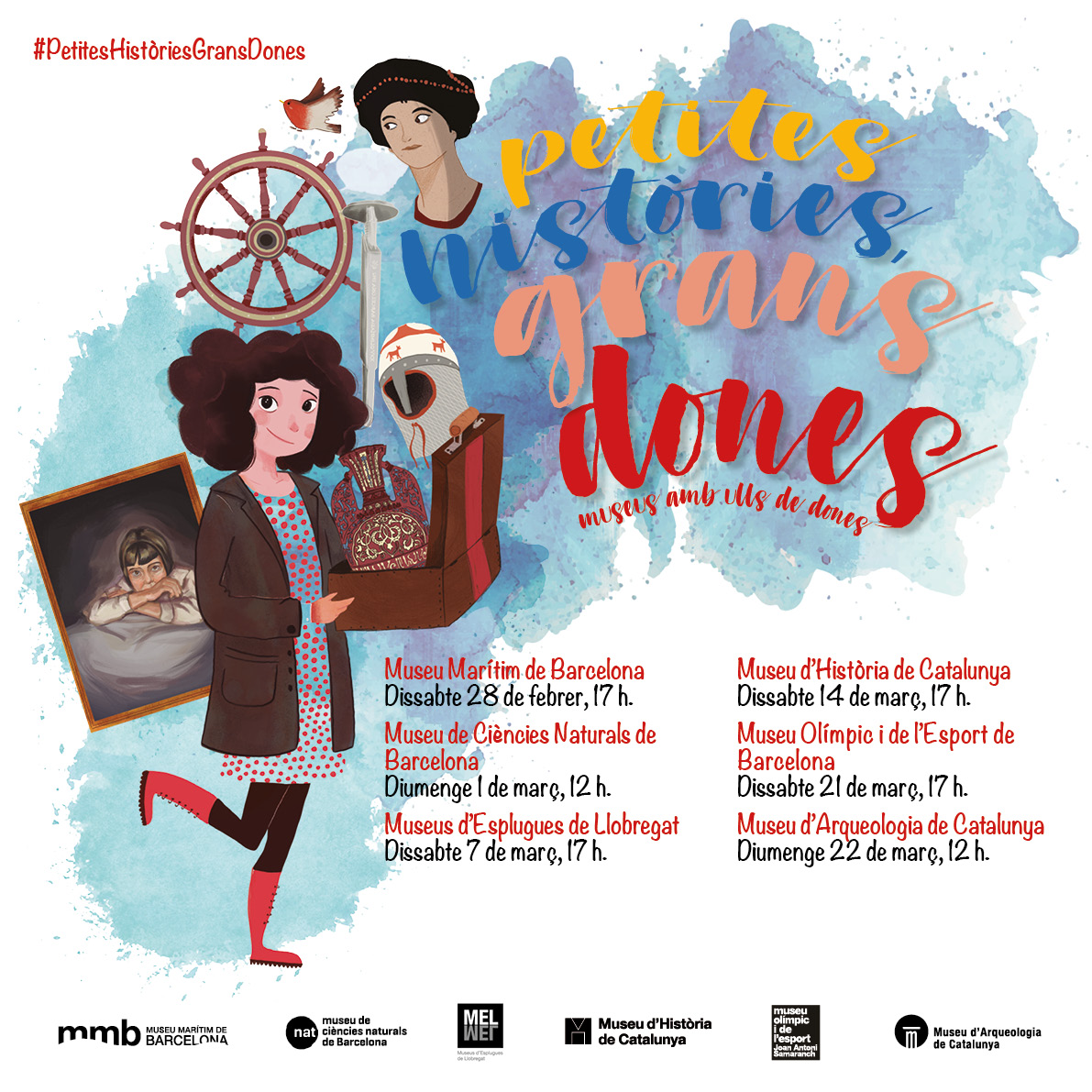
In the midst of adversity and suffering, a spark of hope illuminates the hearts of the most vulnerable: children facing armed conflict, war and natural disasters. This light is called ‘Clowns without Borders’, a non-governmental organization that has been bringing laughter, joy and hope to children around the world since its humble beginnings in Barcelona.
The history of ‘Clowns without Borders’ dates back to 1992, when a group of students from the Projecte school in Barcelona had the vision of taking circus shows to the refugee camps in the former Yugoslavia.
They invited Tortell Poltrona, a professional clown, to join this noble cause. This altruistic gesture marked the birth of an initiative that has grown and expanded around the world.
Today, ‘Clowns without Borders’ operates in 15 countries, coordinating the actions of local clown organizations to bring their magic to children facing difficult situations. Its mission is clear: to improve the emotional situation of children through white and transforming humor.
Clowns without Borders: an NGO that integrates laughter in the world
Tortell Poltrona, president and founder of the initiative, explains that, over 30 years and 500 expeditions, they have received a response that confirms that their work has a positive impact.
The choice of the circus as a universal language is not accidental. Poltrona stresses that the circus is an art that questions common sense and makes the seemingly impossible possible. In this context, ‘Clowns without Borders’ uses humor as a transformative tool, rejecting aggressive and provocative comedy.
The strength of ‘Clowns without Borders’ goes beyond making people laugh; it builds bridges between warring peoples. The organization has succeeded in connecting children from different realities, such as those from Kibbutz and Gaza, through exchanges of drawings.
This positive impact challenges the notion that peace is utopian, demonstrating that children can overcome the barriers imposed by adults.
Strategic alliance
In 2017, ‘Clowns without Borders’ partnered with the Trauma, Crisis and Conflict Unit of Barcelona to evaluate the impact of its actions in favor of Syrian refugee children.
The results revealed a measurable effect on children’s emotional state, post-traumatic stress-related depressive symptomatology and behavioral conflict.
Clowns work with human emotions, and children are receptive to these emotional expressions. According to Poltrona, to be a clown you need to be a little bit small, and maybe that’s why, in ‘Clowns without Borders’, they consider themselves a naïve group of people.
Their cross-cultural circus demonstrates that through laughter and empathy, we can build a more united and compassionate world.



